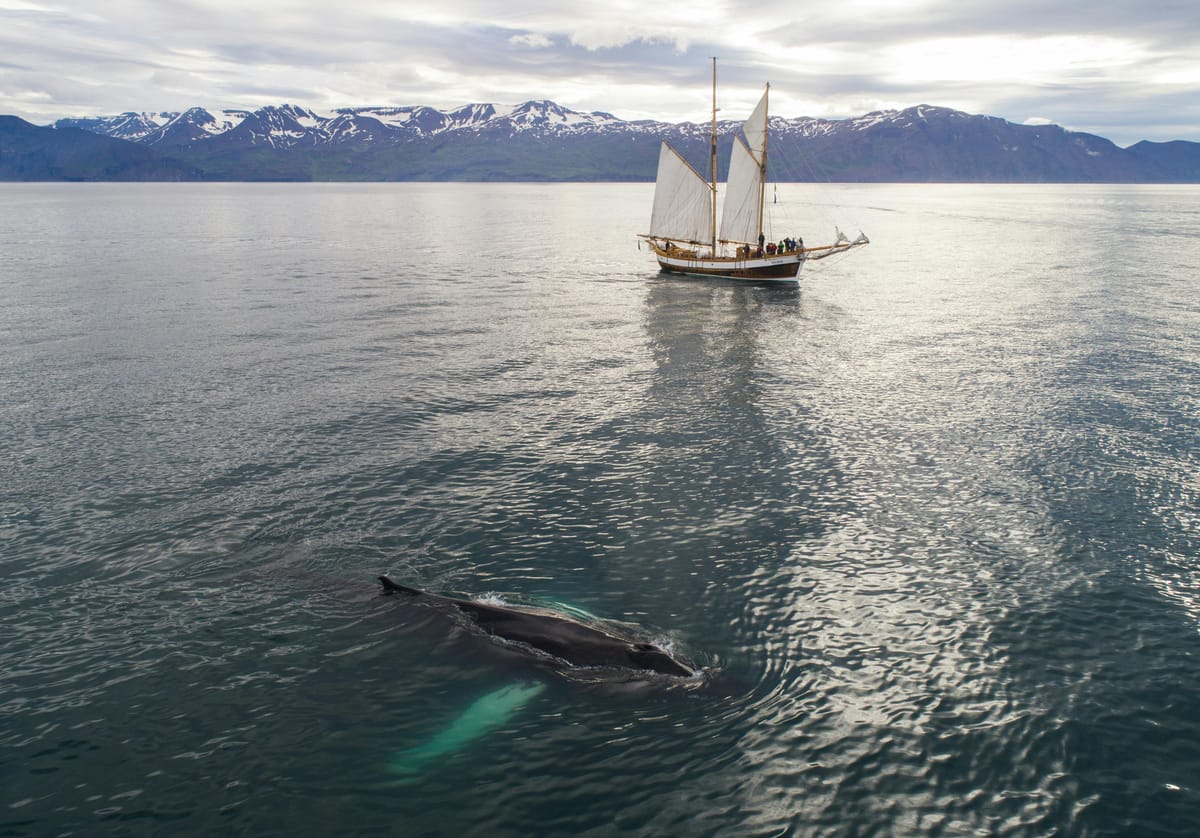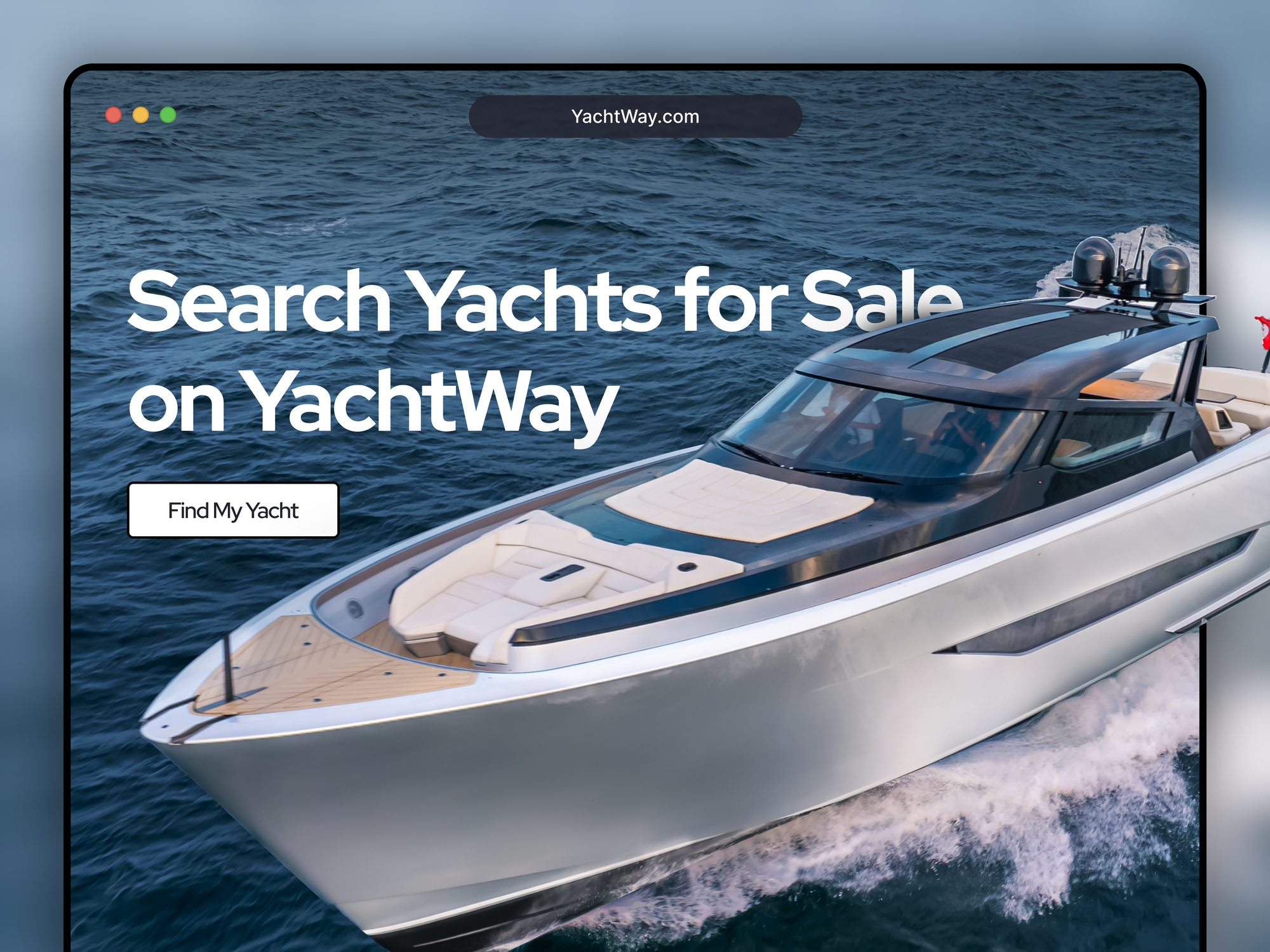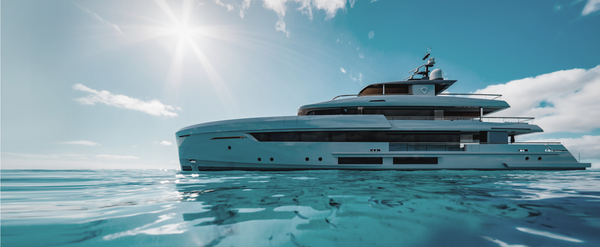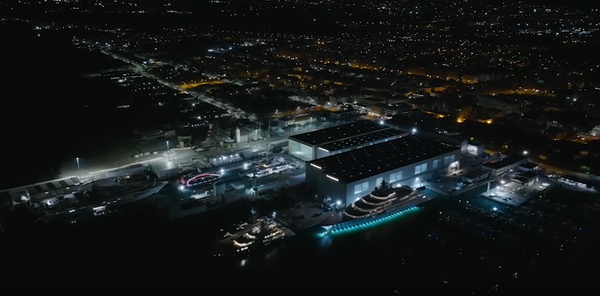Yachting and Whale Conservation: A Responsibility and Opportunity
Yachting can protect endangered whales by reducing risks, supporting research, and promoting sustainable marine conservation practices.

n an industry where legacy craftsmanship and cutting-edge innovation often walk hand in hand, it’s rare to find a technology that genuinely reshapes how we experience the sea. Yet that’s precisely what FarSounder has done — not with fanfare or spectacle, but with quiet, deliberate revolution.
Founded with a simple yet audacious premise — to see forward beneath the waterline — FarSounder is not merely a sonar company. It is, at its core, a company about trust. Trust between vessel and voyage. Trust between captain and crew. Trust that the unknown won’t remain unknowable forever.
For centuries, the sea has been both a promise and a peril. Beneath the calmest surface can lie shipwrecks, reefs, shifting sandbanks, or forgotten debris. Even with the marvels of modern GPS, radar, and satellite imaging, most navigation has relied on looking behind or around — not ahead. That blind spot has long been accepted as part of the mariner’s contract with the sea.
FarSounder rejected that compromise.
Their signature Forward Looking Sonar (FLS) technology gives captains something astonishing: the ability to see up to 1,000 meters ahead under the surface in real time. It's not theoretical data. It's not a line on a chart. It is a constantly updating, live, three-dimensional understanding of what lies ahead — bathymetry, obstructions, even changing seafloor contours. In that simple but powerful shift from reactive to proactive navigation, FarSounder transforms both safety and serenity.
A Quiet Revolution in a Noisy World
What sets FarSounder apart isn't just what it does — it's how thoughtfully it's done. The marine world is often noisy, literally and metaphorically. New tech is shouted from the tops of superyachts, brandished at trade shows, bolted on and forgotten. But FarSounder has approached its mission with the patience of deep work. Its systems are refined, tested, re-tested. Its clients include some of the world’s most discerning vessel owners: scientific expeditions, commercial fleets, naval forces, and superyachts where compromise is never acceptable.
It’s a subtle form of luxury — one defined not by gold-plated railings or rare woods, but by peace of mind. There’s something profound in knowing your vessel can detect a reef before it finds your hull, that you can anchor in a remote bay without fear of the unknown, that you are navigating not just boldly, but wisely.
FarSounder also walks the talk when it comes to sustainability. Avoiding groundings and reducing hull damage doesn't just protect the ship — it protects marine ecosystems. And by enabling more precise routing, FarSounder can help vessels save fuel, avoid damage, and reduce emissions. It's a small ripple with a far-reaching wake.
Historically, the global whale population was estimated between four to five million. Now, merely 25% of these figures remain, with numerous whale populations teetering on the brink of extinction. The plight of the North Atlantic right whales is alarming, with only about 370 individuals left, including 70 breeding females. Similarly, the Hawaii waters have witnessed the tragic impacts of human activities as well. The story of the Western gray whales and Eastern Mediterranean sperm whales echoes the same gravity of threat, with only a few hundred individuals left. Among the 89 cetacean species, 14 are currently recognized as endangered or critically endangered by the International Union for Conservation of Nature (IUCN).
While captains prioritize vessel, crew, and guest safety, a broader duty arises — ensuring the safety of the ecosystems we traverse and preventing harm to whales. Ship strikes and entanglements stand as the primary causes of death for these marine giants. The yachting industry has a unique opportunity to aid whale conservation by reducing ship-strike risks, supporting citizen science initiatives, and backing active research programs.
Whales significantly contribute to Earth's ecosystems. Phytoplankton, which produce half of the world's oxygen and absorb substantial amounts of human-generated carbon dioxide, depend on nutrients from the 'whale pump,' a process where feeding whales enrich surface waters with nutrient-dense waste. This, in turn, fosters carbon-absorbing phytoplankton blooms that sustain marine food webs and balance krill populations.
Seeing Beneath, Seeing Ahead
To talk about FarSounder is to talk about the philosophy of exploration. Their systems, like the sea itself, are not about shortcuts. They’re about understanding. About clarity. About moving forward not blindly, but with vision.
It's easy to get lost in the poetry of the ocean. Sailors, scientists, and designers alike fall under its spell. But FarSounder reminds us that great seafaring isn’t just about the romance of the horizon — it’s about what lies beneath. Their work lives at the intersection of art and algorithm, of emotion and engineering.
In a world obsessed with what's above the surface — the architecture, the amenities, the spectacle — FarSounder invites us to look below. To see the world more deeply. To make better decisions. And to experience not just a smoother journey, but a smarter one.
Looking Forward Into This Yachting Season
As yachting and commercial shipping move into an era shaped by autonomy, sustainability, and technological intelligence, companies like FarSounder will define what it means to be truly forward-looking. Witnessing a whale in the wild creates a lasting impact, a reminder of our duty to these magnificent beings. As this yachting season unfolds, I urge the industry to contemplate its role in whale conservation and act to weave sustainability into the fabric of luxury yachting. How will you make a difference?
Not every innovation makes a headline. But the most meaningful ones make a difference.






